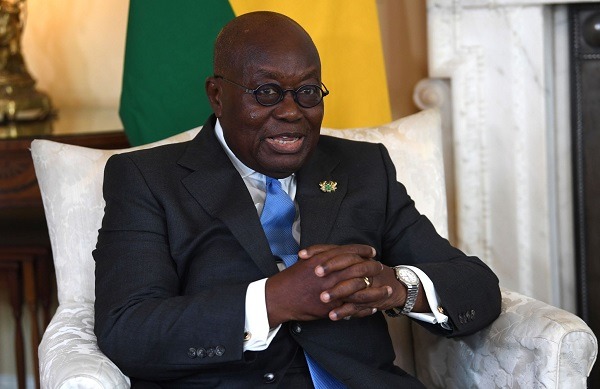Former President Nana Addo Dankwa Akufo-Addo has acknowledged that the economic challenges and frequent public protests during his presidency played a significant role in his government’s declining popularity.
Speaking at the launch of a book by former Nigerian Military President, General Ibrahim Babangida, Akufo-Addo reflected on the economic difficulties his administration faced, particularly during the COVID-19 pandemic, which severely impacted Ghana’s financial stability.
He explained that the global health crisis disrupted economies worldwide, including Ghana’s, resulting in a sharp decline in economic activity.
With international capital markets largely closed off, his government had limited options and was ultimately forced to seek assistance from the International Monetary Fund (IMF) to stabilize the economy.
Akufo-Addo admitted that these economic hardships fueled widespread public discontent, leading to multiple protests across the country.
While he acknowledged that the protests were not as intense as the Structural Adjustment Programme (SAP) riots seen in Ghana and other African nations in the 1980s, he conceded that they were significant enough to undermine public confidence in his government.
“We faced a major economic crisis, and with the world’s capital markets closed to us, we ended up going to the IMF. It was not an easy decision to make. The economic difficulties led to people taking to the streets,” he said. “Even though the demonstrations were not as large as the SAP riots, they were serious enough to fuel growing discontent against the government.”


